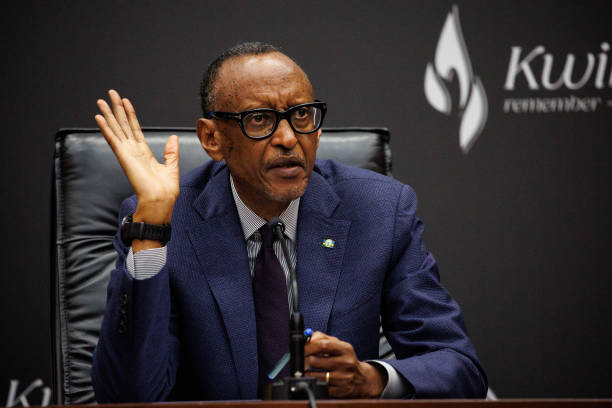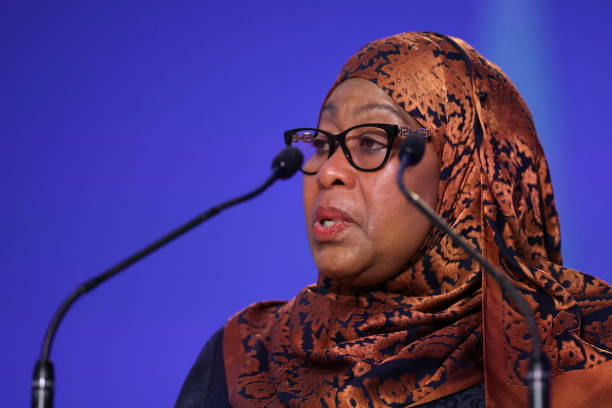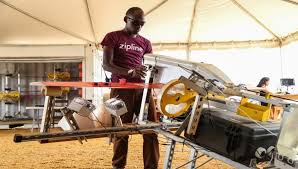In 1994, Rwanda was a country shattered. Close to a million people had been slaughtered in just 100 days. The world watched in horror, and then turned away. When the killing finally stopped, the nation lay in ruins, both physically and emotionally. Few would have believed then that Rwanda would one day be hailed as one of Africa’s success stories.
At the centre of this transformation is one man: Paul Kagame.
From Rebel Leader to President
Kagame was the leader of the Rwandan Patriotic Front (RPF), the rebel group that ended the genocide. In the years that followed, he took power and began the long process of rebuilding. Roads were repaired, schools opened, hospitals restored. Today, Rwanda is clean, orderly and impressively efficient. In the capital, Kigali, plastic bags are banned, traffic police are polite, and crime is low. It is a far cry from the chaos of 1994.
International leaders praise Kagame as a visionary. He’s been called “the man who rebuilt Rwanda” and a model for development. Under his rule, Rwanda’s economy has grown steadily, and the country now boasts some of the best infrastructure in the region. Tech firms are investing, tourists visit the lush forests to see mountain gorillas, and Rwanda even launched its own satellite.
But behind this polished image lies a more complicated story — one of tight control, silenced critics, and a shrinking space for dissent.
The Price of Stability
Rwanda’s peace and progress didn’t come for free. Kagame runs the country with an iron grip. Political opposition is almost non-existent, and many Rwandans live in fear of speaking out.
Independent journalists have been jailed or disappeared. Opposition figures have faced harassment, arrest, and in some cases, mysterious deaths — both at home and abroad. In 2021, a former Rwandan intelligence officer was found murdered in South Africa. Human rights groups suspect Kigali’s involvement, though the government denies it.
Inside Rwanda, citizens speak in hushed tones about politics. Public criticism of Kagame is rare — and risky. Even Rwandans living abroad report feeling watched or threatened if they speak against the government.
“Everyone is afraid,” says a former Rwandan journalist now living in exile. “You never know who’s listening.”
A Different Kind of Democracy
Elections are held regularly, but Kagame wins them with near-total support — 93% in the most recent vote. The government says this is a sign of trust. Critics say it’s the result of intimidation and control.
“We have our own version of democracy,” Kagame has said. “What works for the West may not work for us.”
Indeed, many Rwandans support him — or at least, they appreciate the stability he’s brought. For a country that once collapsed into genocide, peace and order are precious.
“I may not agree with everything,” one Kigali shopkeeper told us, “but at least my children can go to school, and I can walk safely at night.”
Looking Forward
As Kagame enters his third decade in power, questions are growing. He changed the constitution in 2015 to allow him to run until 2034. He has said he will stand for re-election in 2024 — and is widely expected to win.
For now, Rwanda remains a unique paradox: a country admired for its development, but criticised for its lack of freedom. Kagame is seen as both saviour and strongman, a leader who lifted a nation — and keeps it firmly under his thumb.
In the eyes of the world, Rwanda’s transformation is real. But so is the fear that fuels it.
The question now is: how long can the strategist keep control — before the cost of silence becomes too high?
Have thoughts on this story? We’d love to hear from you — safely and anonymously.





